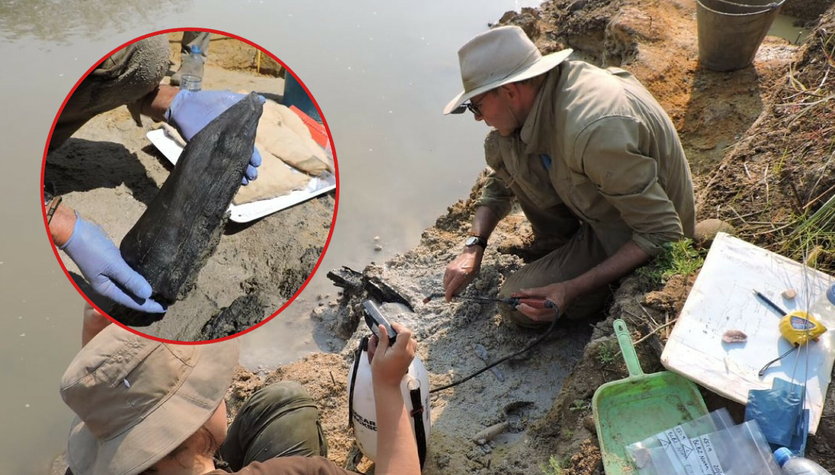- Scientists conducted an online study of more than 112,000 adults in the UK, which looked at the impact of Covid-19 on cognitive function, especially in people with long-term symptoms such as “brain fog”.
- The study found that participants with long-term COVID-19 symptoms had greater cognitive deficits, especially in memory, thinking, and executive functions, compared to those without infection or with short-term symptoms.
- Despite observations of mild cognitive deficits in people who have recovered from COVID-19, the long-term effects and clinical significance of these deficits remain unclear.

Cognitive deficits after COVID-19. Scientists examined more than 112,000 people
Cognitive symptoms following COVID-19, the disease caused by the severe acute respiratory syndrome coronavirus (SARS-CoV-2), are well understood, but as researchers point out in the New England Journal of Medicine, it is not clear whether or not reversible cognitive deficits exist. To measure objectively and how long it will last.
Scientists asked 800,000 UK adults to assess their cognitive functions online by completing eight tasks. They hypothesized that participants with persistent symptoms (lasting 12 weeks or more) after the onset of infection would have objectively measurable global cognitive deficits, and that impairments in executive function and memory would be observed in these participants, particularly in those who reported problems with Impaired memory, thinking or concentration (so-called “brain fog”).
However, only a small number of people completed the survey. Of the 141,583 participants who started the online cognitive assessment, 112,964 completed it. In a multiple regression analysis, participants who recovered from COVID-19 and had symptoms resolved in less than 4 weeks or at least 12 weeks had a similarly small deficit in terms of… Global perception compared to participants in the no-Covid-19 group who were not infected with SARS-CoV-2 or had an unconfirmed infection. A greater deficit compared to the non-COVID-19 group was observed in participants with persistent and persistent symptoms. In addition, greater deficits were observed in participants infected with SARS-CoV-2 during periods in which the original virus or the B.1.1.7 variant predominated compared to those infected with later variants and in participants who were hospitalized compared to those who were not hospitalized. the hospital. in the hospital .
When comparing the group that had persistent symptoms to the group that did not have COVID-19, the greatest deficits were associated with tasks related to memory, thinking, and executive functions. These tasks were poorly associated with recent symptoms, including memory problems and brain fog. No adverse events were reported.
Participants who resolved persistent symptoms of Covid-19 had objectively measured cognitive function similar to that of participants with shorter duration symptoms, although short-term Covid-19 was still associated with slight cognitive deficits after recovery. The long-term persistence of cognitive deficits and any clinical implications remain a mystery to scientists.
Copyrighted material – reprinting rules are specified Primary law.
Due to the silence of the election, adding comments has been temporarily blocked.

Echo Richards embodies a personality that is a delightful contradiction: a humble musicaholic who never brags about her expansive knowledge of both classic and contemporary tunes. Infuriatingly modest, one would never know from a mere conversation how deeply entrenched she is in the world of music. This passion seamlessly translates into her problem-solving skills, with Echo often drawing inspiration from melodies and rhythms. A voracious reader, she dives deep into literature, using stories to influence her own hardcore writing. Her spirited advocacy for alcohol isn’t about mere indulgence, but about celebrating life’s poignant moments.





